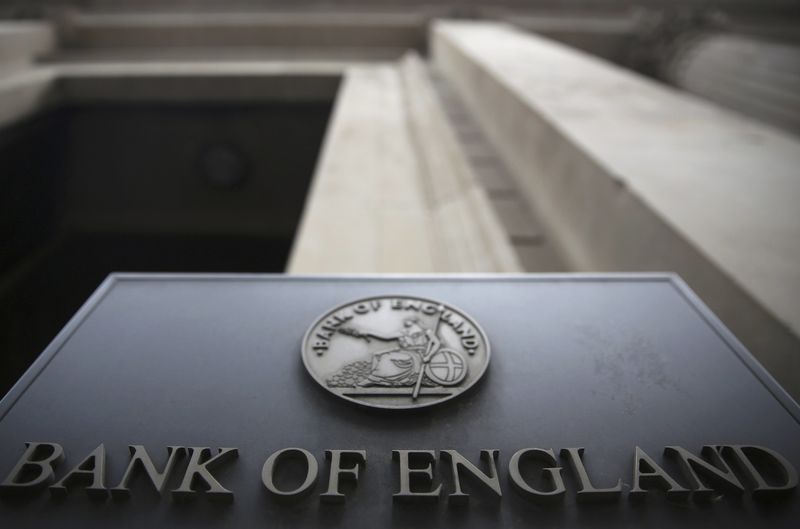Nvidia, Amazon and Tesla rise premarket; Walmart falls
Investing.com -- The Bank of England is preparing to ease parts of Britain’s bank ring-fencing regime while resisting a major reform sought by lenders, as the central bank aims to preserve core protections during an ongoing government review, Reuters reported on Tuesday, citing sources.
Under the ring-fencing framework, lenders with more than 35 billion pounds in retail deposits must separate their consumer operations from activities such as investment banking, rules affecting Lloyds, NatWest, HSBC, Barclays and Santander UK.
Introduced after the financial crisis, the regime is intended to protect depositors and taxpayers in the event of a banking shock, the report said.
British finance minister Rachel Reeves pledged in July to pursue “meaningful” reform as part of government efforts to cut red tape and support economic growth.
Critics argue the current rules hurt the UK’s global competitiveness and block capital that could otherwise support lending.
According to the report, banks have pressed the finance ministry - which has final approval on major regulatory changes, to allow them to tap some of the 35 billion pounds permitted for use by non-ring-fenced entities to support activities such as investment banking.
But officials at the Bank of England’s Prudential Regulation Authority (PRA) oppose the idea, viewing it as tantamount to dismantling the firewall, one source familiar with the talks said.
Instead, the BoE is open to narrower adjustments, including allowing essential back-office functions to be shared across ring-fenced and non-ring-fenced operations, and permitting activities such as vanilla derivatives within the ring-fenced unit, the report said.
One source noted that easing restrictions on shared services may be simpler because it sits within the PRA’s own rule book.
Reeves had previously described existing regulation as a “boot on the neck of businesses,” while BoE Governor Andrew Bailey countered days later that he disagreed and defended ring-fencing, arguing regulators “can’t compromise on basic financial stability.”
One commercial bank executive noted the rules were drafted before the expansion of UK retail operations by international banks such as JP Morgan’s Chase, which remains below the threshold and can use deposits for activities like investment banking, the report added.
Another bank official described gaining access to the 35 billion pounds as the “next best thing” to abolishing the regime entirely.
The PRA is expected to present its reform proposals alongside the finance ministry in early 2026. PRA chief executive Sam Woods, who helped design the ring-fencing framework implemented in 2019, is due to finish his second five-year term in June.
Barclays, which established a separate services division spanning its retail and investment bank, is the only major UK lender supportive of the current rules, the report said.
